The company’s revenue rose by 2.7 percent to 5.7344 trillion won (approximately USD 4.01 billion), while its net profit more than tripled, reaching 17.8 billion won (around USD 12.45 million).
Despite revenue declining 3.6 percent from the previous quarter, operating profit remained stable thanks to falling raw material prices and a greater share of high-value-added products such as automotive steel. A company official stated: “The slowdown in the construction market negatively affected sales, but we expect a gradual improvement in performance starting from the fourth quarter, supported by trade measures against low-priced imports.”
Hyundai Steel is focusing on strengthening its global sales capacity, developing new high-value-added products, and capturing demand in rapidly growing sectors. The company recently completed the construction of a Steel Service Center (SSC) in the finished-vehicle hub of Pune, India. It also accelerated its digital transformation by providing cloud infrastructure to all business sites through a partnership with Amazon Web Services (AWS), and supplied low-carbon certified steel to AWS data centers.
On the product development front, Hyundai Steel continues to promote mass production of MS steel and third-generation automotive steel sheets to meet growing demand for lighter and more durable steel. While component evaluations with global automakers continue, the company has completed development of high-strength steel for autonomous vehicle structures and ultra-high-strength steel for vehicle seat rails. Initial deliveries are planned to begin early next year.
A Hyundai Steel representative stated: “We plan to increase profitability with high-value-added new products and proactively capture demand in expanding sectors.”


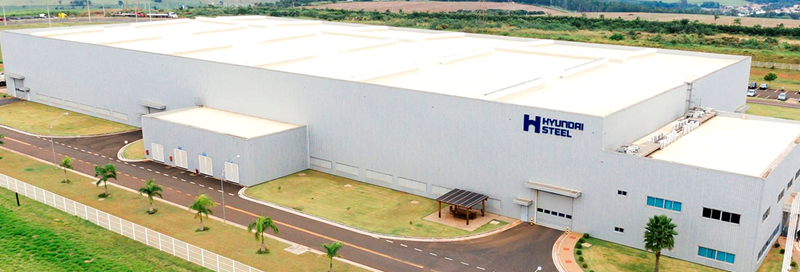

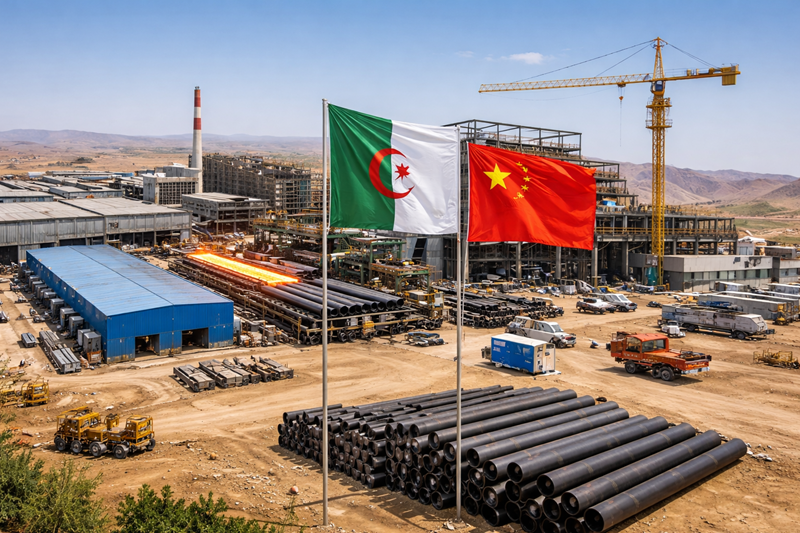
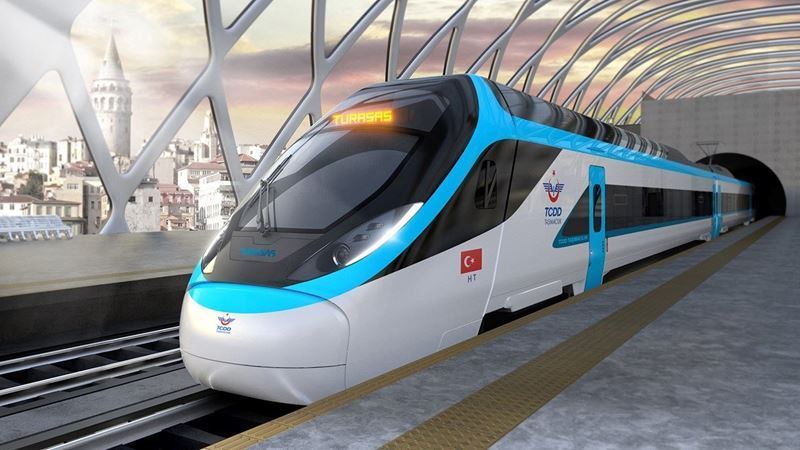
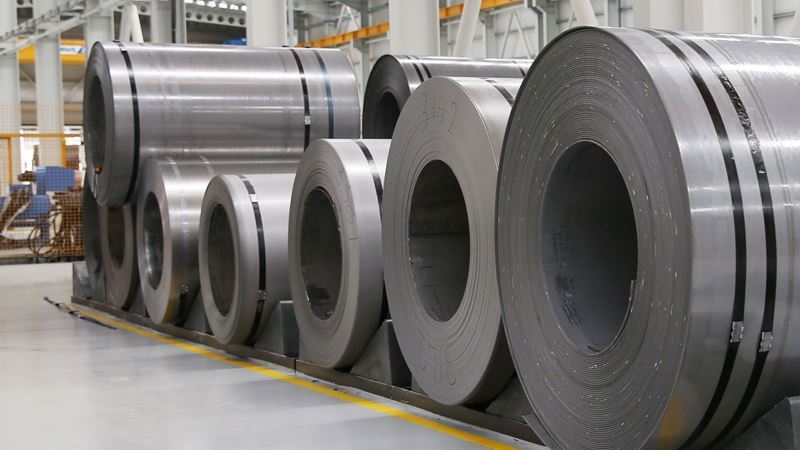

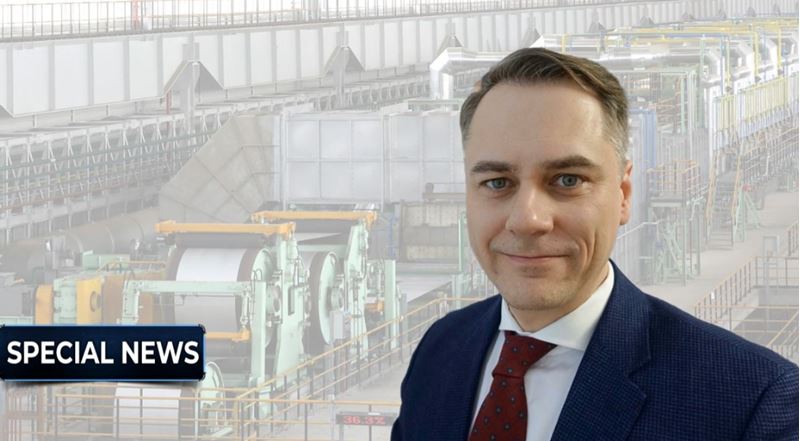


Comments
No comment yet.